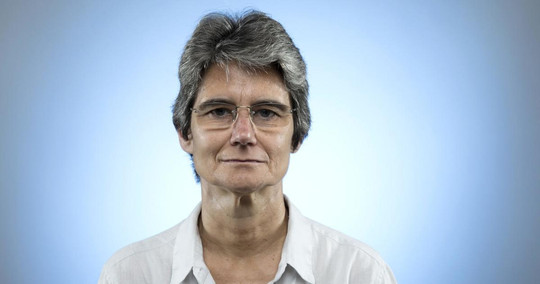The fight for equal pay in the media saw an important landmark case last year in the US when Los Angeles Times and Tribune Publishing agreed to pay US$3 million to settle a lawsuit over unequal pay for journalists of Color and women journalists. You and your union, the L.A. Times Guild, played a key role in identifying and challenging the gender pay-gap in your newsroom. What advice would you give to unions that wish to support claims for equal pay?
Don’t rely on anecdotes. Gather newsroom salary data, analyze it and publicize the results. Then use the documentation as an organizing tool to push for pay equity.
How did you and your colleagues discover that women journalists and journalists of Color were paid significantly less than their white male counterparts?
The Times’ newsroom culture frowned on staffers disclosing their salaries or asking colleagues what they earned. So while women and non-whites had long suspected that they were underpaid compared to white males, it wasn’t until the union was formed and had a legal right to members’ salary data that we were able to document the extent of the inequity.
Guild members with data expertise conducted a statistical study of anonymized pay data in 2018 and produced a report that revealed clear patterns of disparity.
What has changed since this union victory? Is there more transparency in the media management? Have you developed any new policy on gender equality in your workplace?
The Guild’s first contract, which took effect in late 2019, established pay minimums that raised salaries for many underpaid staffers. Some women have also filed individual grievances under the contract to attain equal pay.
The $3 million settlement – which we expect will gain final court approval at the end of this month – has put the company on notice that it is has to treat all of its employees fairly and that if it doesn’t, it will be held legally and financially accountable under California law.
How can unions make sure the gender pay gap is addressed in newsrooms at a time when the media are struggling just to stay alive and are carrying out job and salary cuts? From your experience, what would you like to say to women journalists who still suffer pay discrimination because of their gender?
You are worth just as much as your male counterparts.

